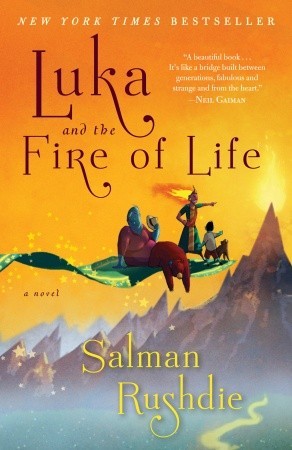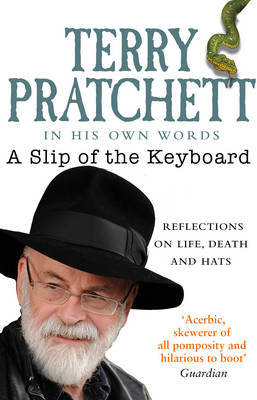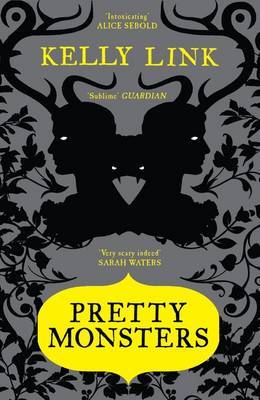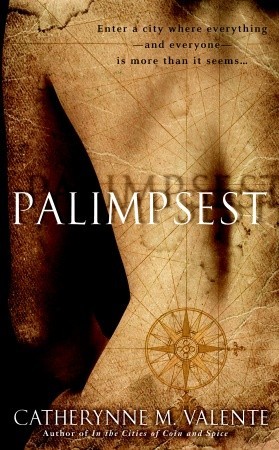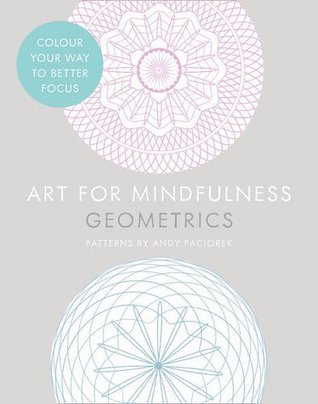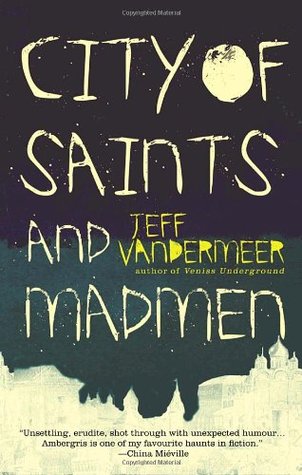 City of Saints and Madmen, Jeff VanderMeer
City of Saints and Madmen, Jeff VanderMeer
Originally reviewed 1st March, 2009
Confession: I didn’t actually read all of the appendix of this. I intend to finish it some day, but it’s not the kind of book I feel like I can sit down and just blitz on through. The… bittiness annoys me: I do like short stories/novellas, but this isn’t the easiest collection to read.
The comparisons between Perdido Street Station and this book are obvious. I felt the cities were characters in both books — more clearly so in this book, where there’s no single recurring, central character. It’s an interesting collection of stories with all kinds of different tones and styles and genres, even, all centred around the fictional city of Ambergris. The writing and descriptions are quite rich, and you build up a very clear mental image of this city.
Ignoring the appendix, there are four stories:
‘Dradin, In Love’ — This one was richest in very visual descriptions of the city. I kind of felt overwhelmed, a bit thrown in at the deep end, but I did like the descriptions. It was also the most straightforward short story — not masquerading as anything else. The ending was weird, and clever, but also kind of predictable.
‘The Hoegbotton Guide to the Early History of Ambergris’ — This was slightly drier, masquerading as a sort of history pamphlet. The footnotes made me laugh, but it was kind of irritating to go back and forth between text and footnotes. The style was clever, but the story wasn’t as enjoyable as the first one.
‘The Transformation of Martin Lake’ — This combined story-telling with a sort of… art criticism thing. Again, clever, and more interesting because there was also normal short story narrative. It kind of discusses misinterpretations of art and rolls its metaphorical eyes at people who pretend they understand author intent through psychoanalysing them.
‘The Strange Case of X’ — At this point it felt like it was “too clever by half”. Which is how I generally feel about authors appearing in their texts, so perhaps that isn’t an unexpected reaction from me. It was kind of obvious to me, and yeah, it’s a clever story device but it also wasn’t that surprising. Not so much world-building or anything, just pure “lookit my clever plot device, look!”.
Appendix — Stuff related to the previous story. Some of it is interesting, some of it not, for me.
Rating: 3/5
 The Bards of Bone Plain, Patricia A. McKillip
The Bards of Bone Plain, Patricia A. McKillip


